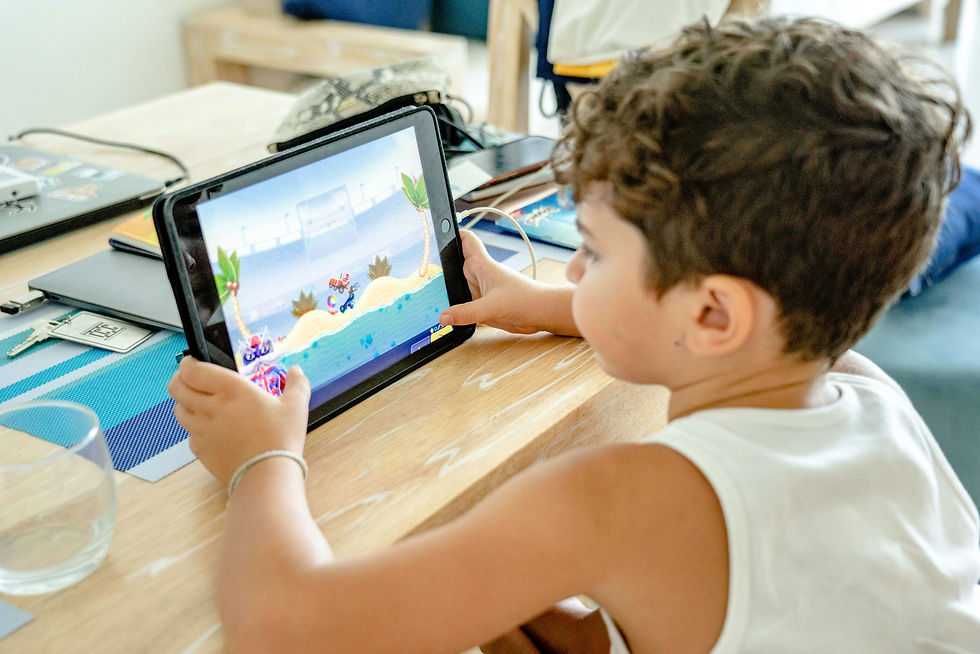Why Rewards Don’t Always Work (And What to Try Instead)
- Erin Carroll
- Jul 14, 2025
- 2 min read
Picture this: You set up a sticker chart. You promise a trip to the toy store. You even bribe them with screen time. And still—your child won’t start their math packet or clean their room.
Frustrating, right?
Let’s unpack why these common strategies often backfire for kids with executive functioning challenges—and what might actually help.

The Motivation Myth
We tend to think that if a child isn’t doing something, it’s because they don’t want to. But research in neuroscience and psychology paints a different picture—especially when executive functioning is involved.
According to Dr. Ross Greene (author of The Explosive Child), kids do well when they can. Not when they want to. Not when they feel like it. When they can.
Many kids aren’t lacking motivation—they’re lacking the skills to plan, start, shift focus, or regulate emotion. These are executive functions, and when they’re underdeveloped, no amount of reward is going to magically make them kick in.
Why rewards sometimes flop
Rewards and consequences depend on future-oriented thinking, which is hard for kids with EF delays.
They may struggle with:
Time blindness – “That’s later me’s problem”
Working memory – “Wait, why am I earning this again?”
Emotional overload – “I’m too upset to care about the prize”
Plus, rewards often shift the focus to compliance instead of growth. The goal becomes earning the thing—not building the skill.
What actually supports change?
When we shift from behavior management to skill-building, kids start to feel empowered instead of controlled.
Here’s what works better:
Scaffolding: Instead of “Do your homework,” try “Let’s get started together. I’ll help you with the first question.”
Co-regulation: Kids borrow calm from us. If we’re rushed, anxious, or yelling, their EF system goes offline.
Visual supports: Externalizing tasks (think: charts, timers, checklists) helps take the pressure off their working memory.
Collaborative problem-solving: Ask, “What feels hard about this? What might help?” instead of “Why won’t you just do it?”
A quick word about dopamine
Research shows that dopamine—a key neurotransmitter tied to motivation and reward—is regulated differently in brains with ADHD. That’s part of why instant gratification (YouTube, snacks, video games) is so appealing, and delayed rewards (stickers, praise, ice cream later) often fall flat.
This isn’t a matter of poor discipline. It’s brain chemistry.
Try this at home
Instead of saying, “If you do your work, you’ll get a reward,” try:
“Let’s set a timer and see how far you get in five minutes. I’ll sit with you.”
Notice how that tiny shift feels different—for you and your child.




Comments